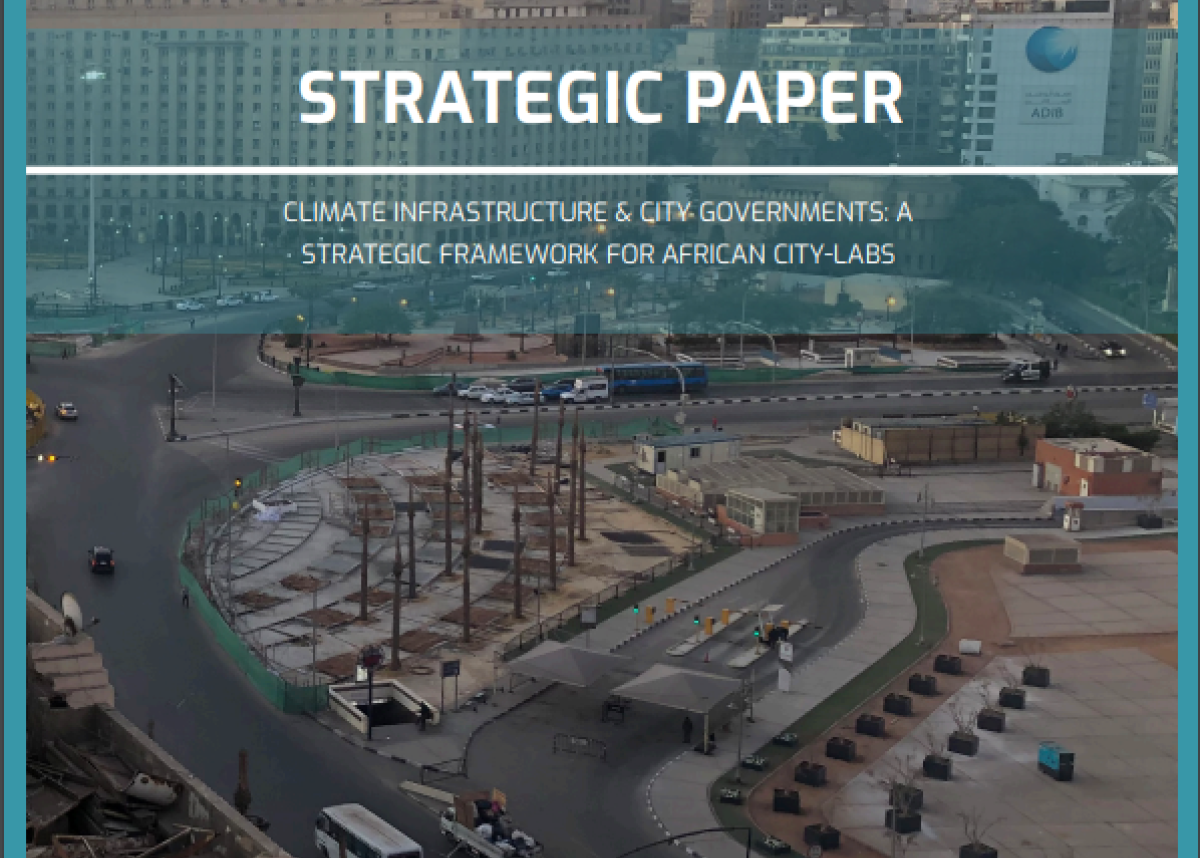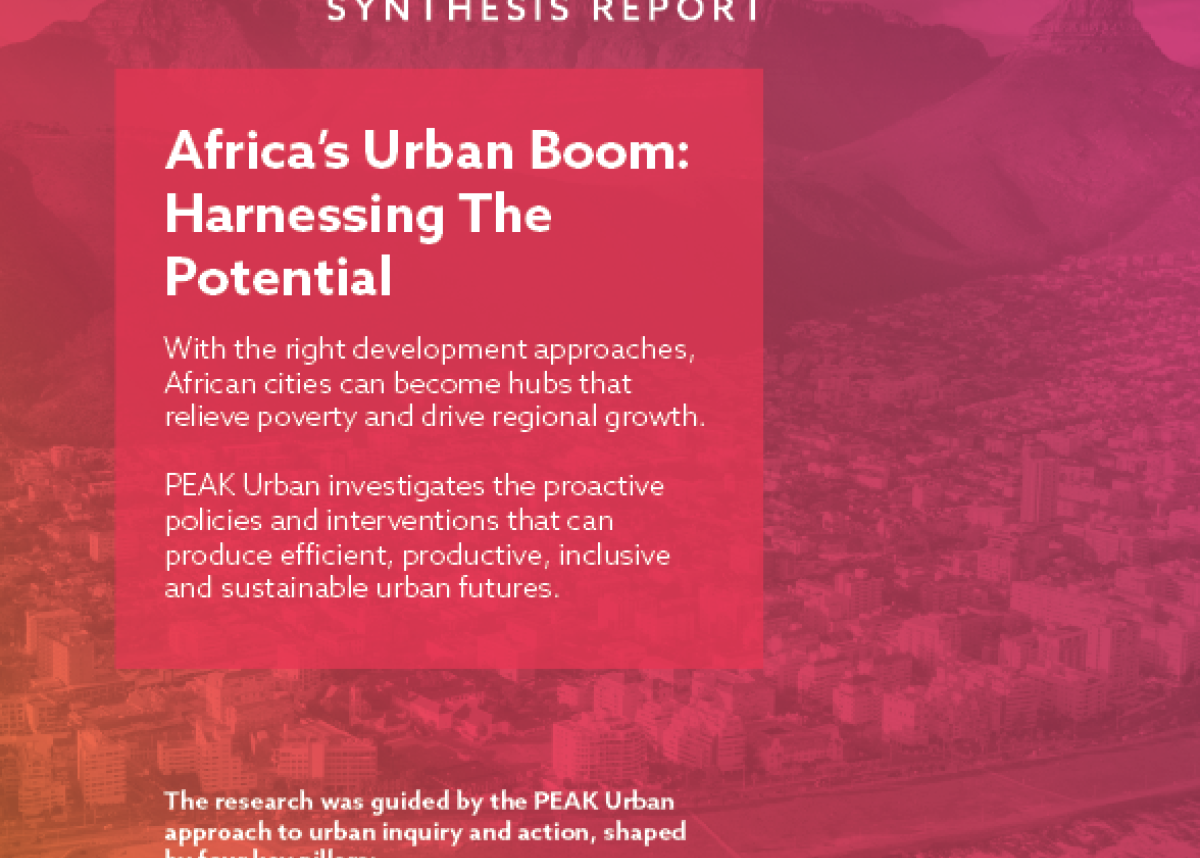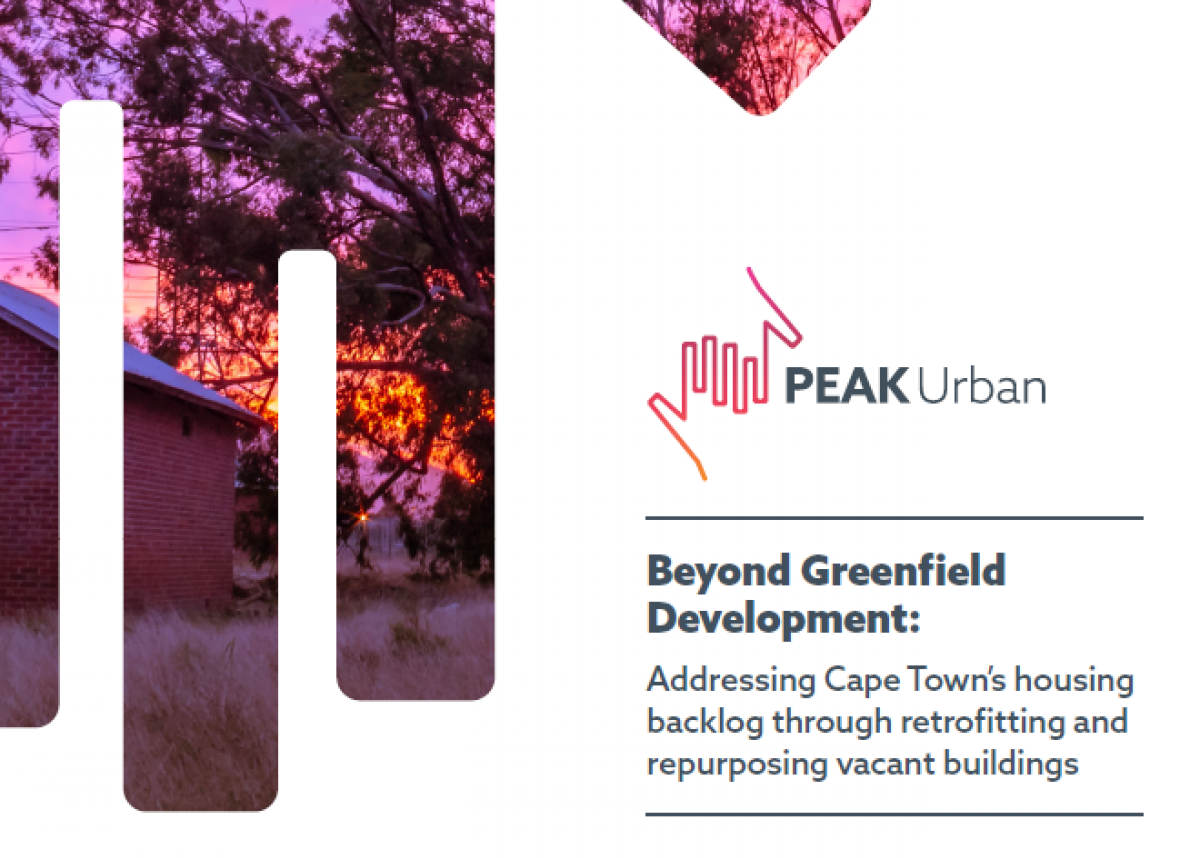
Fractured fiscal authority and fragmented infrastructures: Financing sustainable urban development in Sub-Saharan Africa
The current global development agendas provide relatively little guidance on how the incredible challenge of sustainable urban development in Africa can and should be financed. This paper makes the case for understanding this development challenge at the nexus of urban governance and city infrastructure. Tracing African urban development trends over the post-colonial period, the paper makes three arguments.
First, African cities experience fractured fiscal authority. Decentralization reforms have resulted in contested and complex city governance arrangements.
Second, large scale infrastructure investments have been the focus of donors and investors. This has resulted in fragmented networks and systems.
Finally, these two processes together have created fertile ground for the emergence of hybrid systems of service delivery in cities.
This has implications for both how urban services are governed and their material arrangements. This reality, and the underlying processes which contributed to its production, are under-accounted for within global development discourses. In conclusion, it is crucial that new models of infrastructure finance are developed to respond to the fractured fiscal authority, fragmented infrastructure networks, and hybrid service delivery patterns which characterise African cities.


